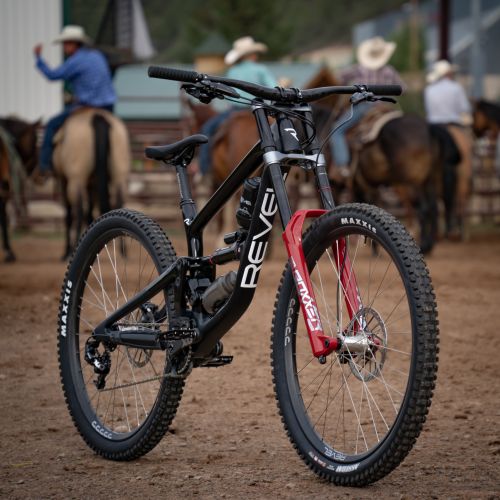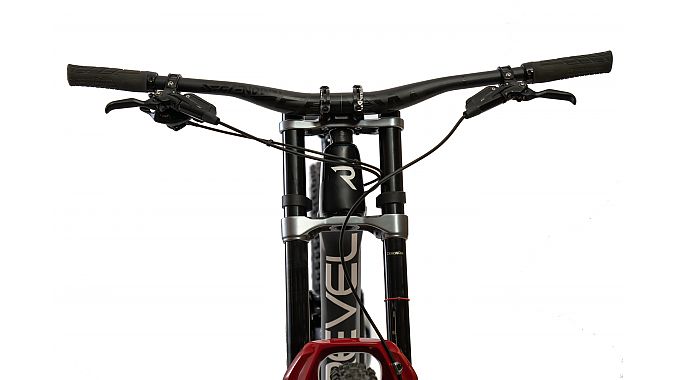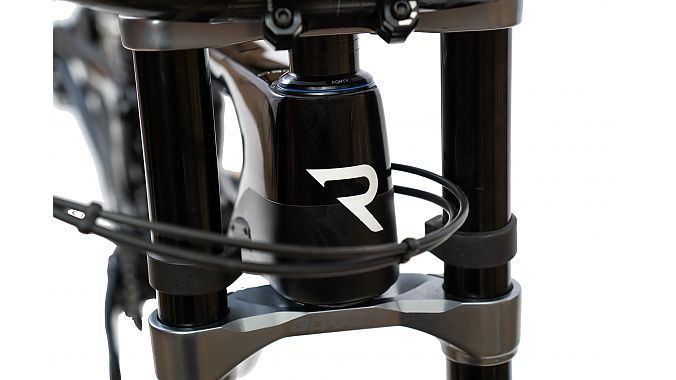CARBONDALE, Colo. (BRAIN) — Revel Bikes revealed what it's calling the world's first 3D-printed carbon fiber downhill mountain bike. The Rodeo is a concept bike for now, but the brand said it is a ready-to-ride fully functional bike designed and manufactured in the U.S.
Labeled as a "passion project," The Rodeo began as a conversation between Revel CEO Adam Miller and CBF Suspension platform inventor Chris Canfield in a coffee shop. Revel was introduced to manufacturer Arevo Inc., which helped make the prototype a reality.
Revel Bikes Senior Engineer Jordan Haffener worked closely with Arevo at its facility in Silicon Valley to develop dozens of prototypes before deciding on a final design.
"It serves as an example of conviction, innovation, and what is possible with current technology and what could be a reality in the future," according to the brand. "It's hard not to get excited about the prospect of a 3D-printed carbon bike made here in the United States, and the ramifications could mean incredibly improved prototyping and development processes for bike brands, safer conditions in production facilities, significant environmental benefits, and greater customization for the rider at better costs."
Revel said it believes that this method of frame production could be the future for carbon bicycle manufacturing. "A 3D-printed carbon mountain bike is doable, and with further innovation, there is even the potential for this thermoplastic composite material to be fully recyclable."
In 2020, Revel introduced its carbon wheelset made from RW30 FusionFiber, launching the first fully recyclable and environmentally responsible method of manufacturing carbon wheelsets using a thermoplastic engineering process developed by CSS Composites in Utah.
The FusionFiber can be produced without the need for harmful, brittle epoxy, and the result, according to Revel, is a recyclable, high-performance composite rim significantly more durable, and lighte than other carbon wheels on the market.
According to Revel, the 3D-printed process is time- and energy-consuming, prohibitively expensive, and not realistic to bring The Rodeo to production at this time. "But as innovations in additive manufacturing and thermoplastic technology continue, the possibilities of mountain bikes like this coming to market become very real."






